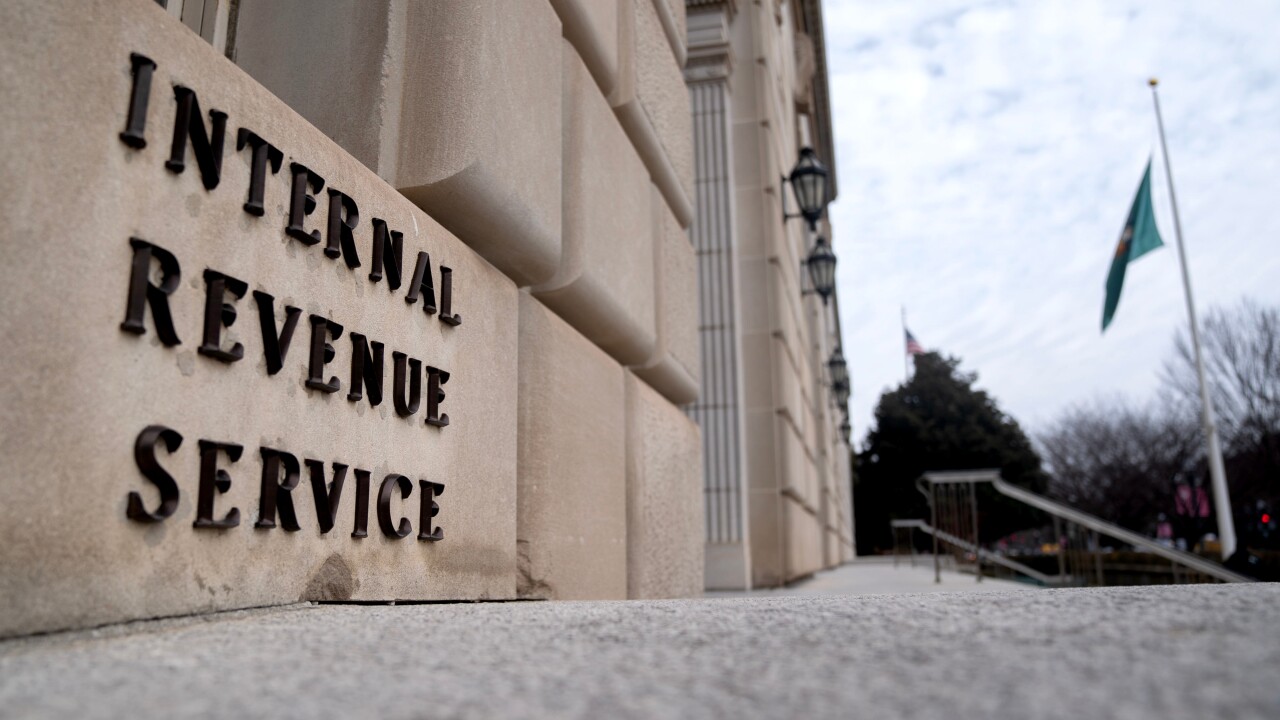There are more than 46,000 public accounting firms in the U.S. The majority of these, of course, are not mega-firms. They are practices that each generate $5 million or less in annual billings. These are the "Main Street" firms that have become a go-to resource for most businesses and individuals.
While being a go-to resource for the community, many of these practices are not comparably appreciated today when it comes to CPA firm mergers and acquisitions.
The crowd of acquirers in the current market include:
- Private equity groups that don't hunt passionately for Main Street firms;
- Firms that are looking for niches that are generally not common for Main Street firms;
- Firms that are not interested in a certain type of 1040 client that many firms have;
- Firms that are looking for certain leadership; and,
- Firms that are not as entrepreneurial as they need to be.
Acquirers are very selective and can be because so many firms are looking for a deal.
To succeed in the current M&A climate, Main Street CPA firms need to focus primarily on the areas below to compete in the current climate and enhance their chances to close a deal.
- Clean house and right-size the client base: Potential successors do not want strong concentrations of poorly performing clients. Eliminate 1040s that are below a fee threshold; the common threshold is $1,000. Evaluate standalone engagements that are below a range of $3,500 to $5,000 in annual fees and take a course of action.
- Lead with upside: Make it easy for successors to register the upside for them for doing a deal. Present the acquirers with five magnets about your firm and quantify the potential for upside in money and advantages.
- Concentrate on the upper end of the clients: The more compelling the top 50 clients are, the more likely successors will have a higher interest level. Furthermore, the greater the revenue concentration from the top 50, the less attention that may be generated on the lower tier of clients. Provide firms with a profile of the top 50 clients and make sure you have included all entities and referral history from the relationship.
- Assess vulnerabilities: Accountants don't often understand their firm's actual vulnerabilities. An outside advisor may be helpful to break down what is a real concern and what is imagined — and the firm needs to address and use those vulnerabilities in a transparent and healthy way. Practices should not believe that merging with another firm will make all their problems go away.
- Be entrepreneurial: Firm leaders should be willing to have skin in the game. They must commit to working alongside the other firm. Again, if this merger is all about a rescue operation, the odds of it getting done will be low, absent very modest pricing. Find ways for the other firm to activate a business development plan. Leaders can't be passive. Everyone must dive into the newly merged firm and work toward the team's ultimate success.
- Build chemistry: Develop rapport. Nobody is going to do a deal with someone they don't like! Find commonalities and look at the merger as a new beginning. Firm culture may be a common ground. If there is no shared vision, chemistry, or common ground, it may be too much work. Being highly responsive and engaged — even when clients are looking for your attention — is crucial to building the chemistry.
At the end of the day, an M&A successor wants to know they've found the right partner — and have secured ways to make the most money with the least amount of work. Main Street CPA firms typically do many things right. While they may not be niche-driven, they may be a niche-ready and synergistic partner. The more readily potential successors can see the upside — and the less cluttered the way is to get there — the more ideal the matching process will be.
M&A works best when it creates a competitive edge for all involved. Main Street firms are looking for that edge but often fail to recognize they bring that edge as well. The recommendations here will make successors more motivated, allow for a more efficient process, uncover entrepreneurial synergies and increase the odds for success.
When both sides have the energy and enthusiasm for deal-making, the potential to generate money and advantage is strong, Main Street CPA firms have a much easier time of getting to the closing table.





